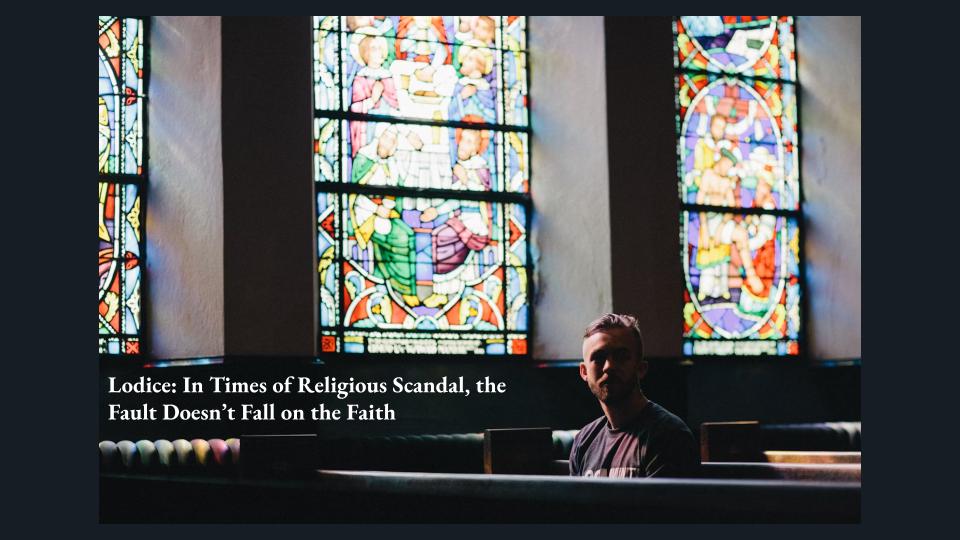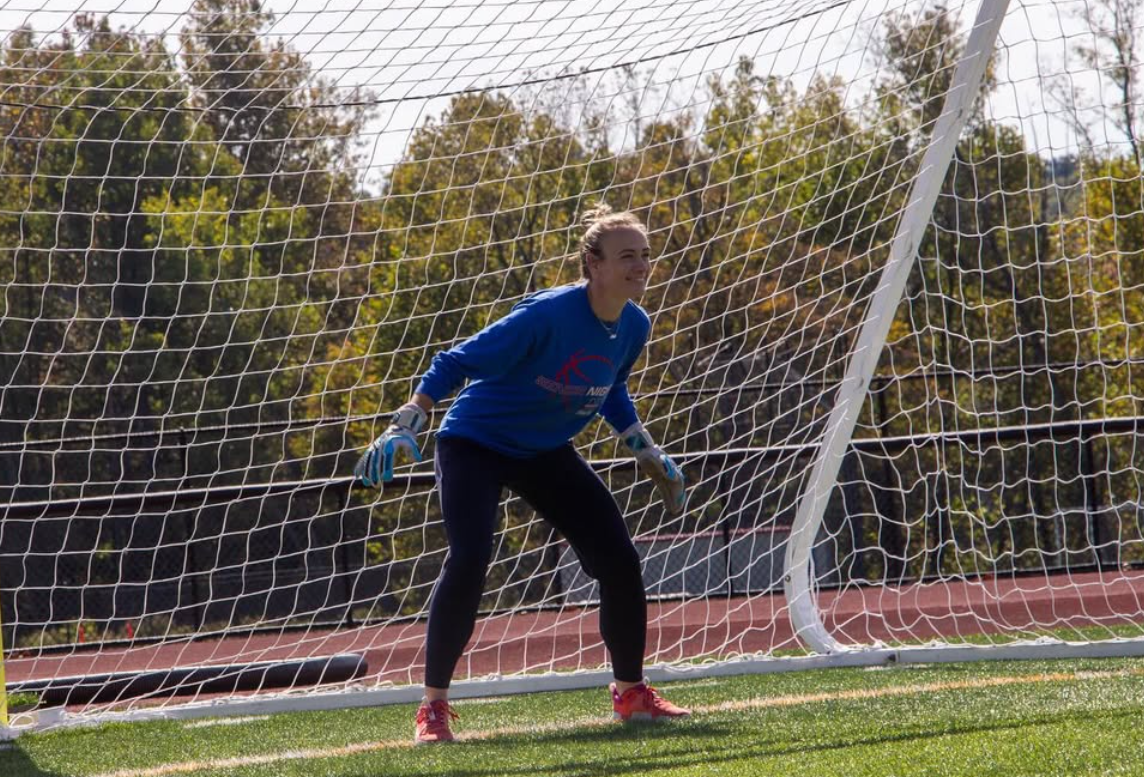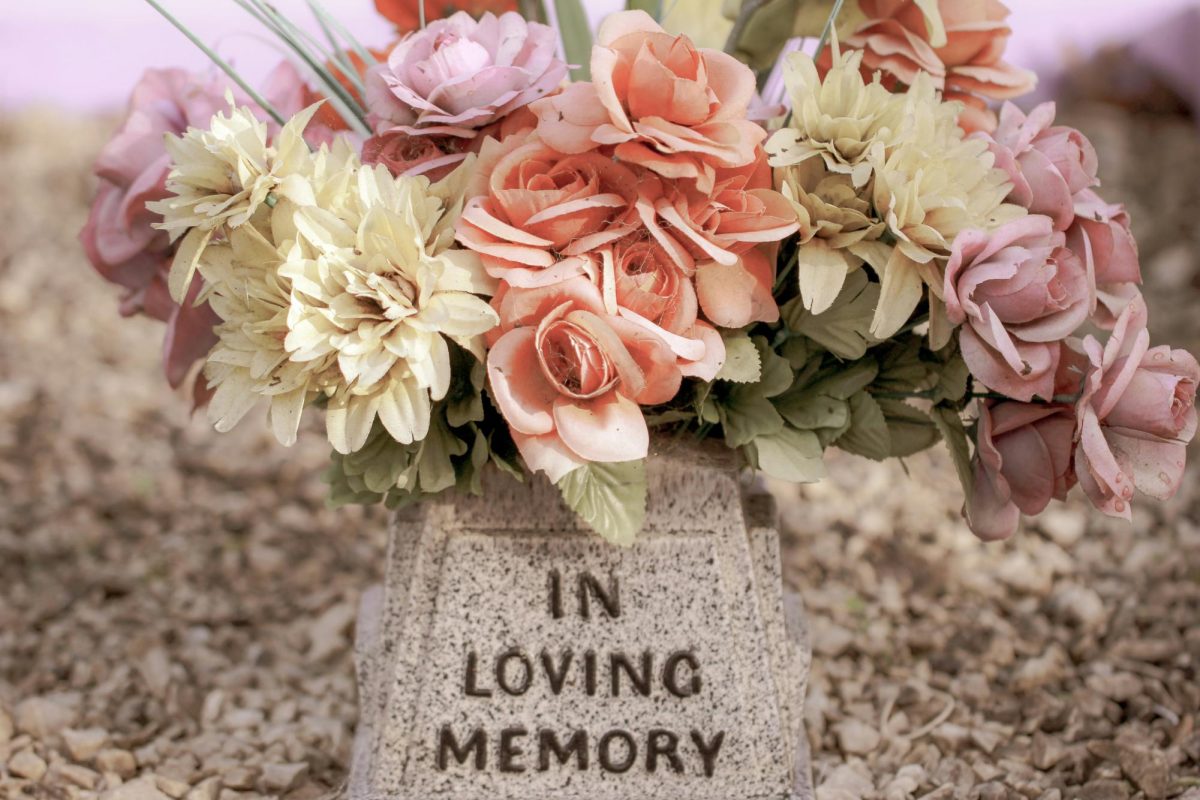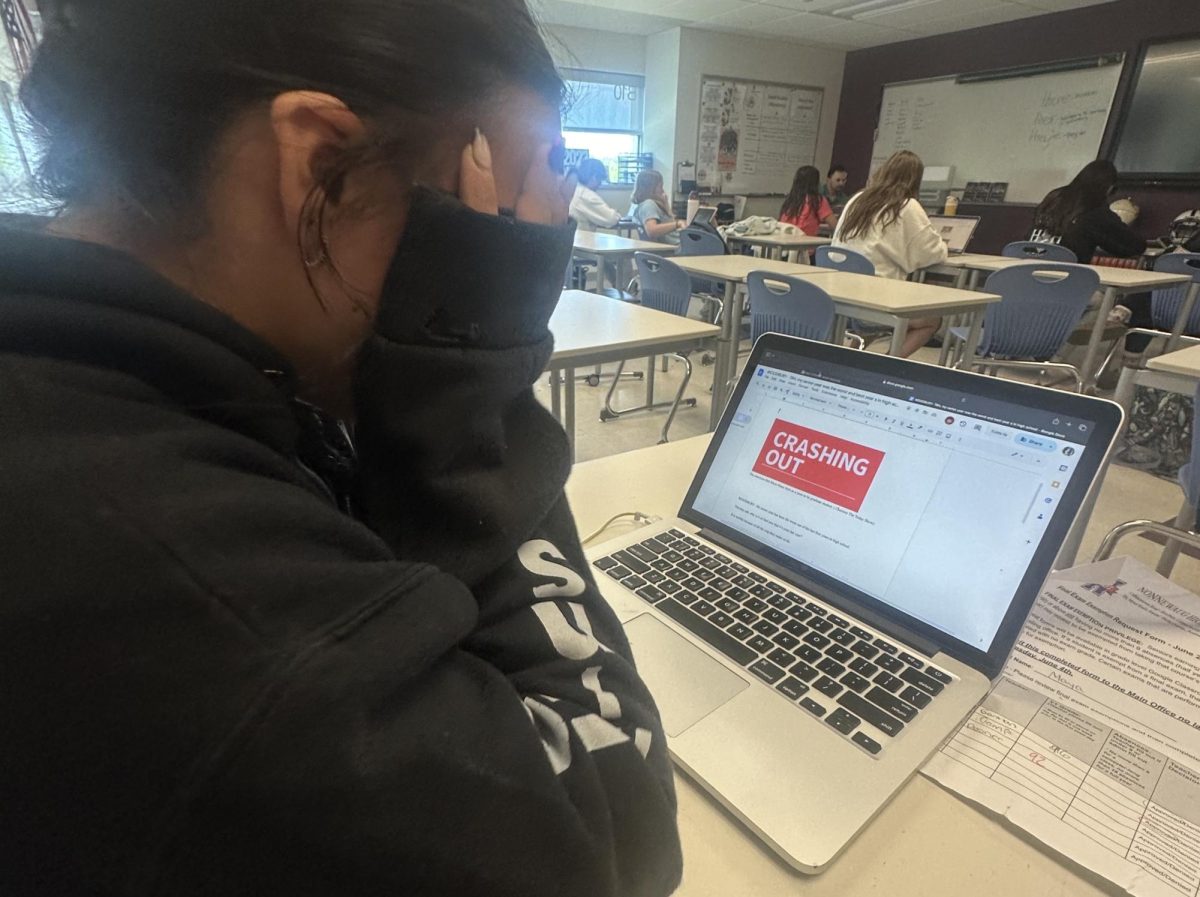WOODBURY – A priest: to some, including myself, he’s a holy man who faithful people around the world view as a direct conduit from God to mankind, a man whose hands are instrumental in our celebration of Sunday Mass each week. Maybe that applies to you, too.
Or, maybe not – for you, he might just be a guy that you have to listen to every Christmas or Easter, when making an appearance in church is absolutely necessary (according to your mom). Maybe religion has no part in your life at all. So for you, a priest is someone who you are familiar with the concept of, but you never actually see or interact with.
(Or, maybe you’re another denomination of faith like Jewish or Muslim, and you don’t have a priest. That’s fine, too. But I digress.)
Whichever “maybe” your life falls under is completely your choice. I’m not here to lecture you about why you should go to church or get to know a priest, although I would encourage everyone to give it a try. I’m also not here to tell you that if you don’t go to church, “You’re going straight to h-e-double hockey sticks! Shame on you!” (If you are a horrible person, then there’s a chance, but I’m going to optimistically assume you are generally nice and wholesome.)
I write today, simply, because we all generally know what a priest does: he’s a community leader who serves the people of his parish with strong leadership and reverence, and by doing so, serves the Lord.
Or, at least that’s what he is supposed to do.
When a priest does something that is, well, a little out of line for him, it takes all of us by surprise – whether he plays a role in our Sunday each week or not. We all hear about it. It’s inescapable, really – whether you care or not, you are still going to hear about it. Especially in a small town like our very own Woodbury.
You probably already know about the recent events concerning the pastor of Woodbury’s United Methodist Church. (His arrest on drug charges is sore subject to explain.) The – how should I phrase this? – out-of-character behaviors of now-former Pastor Herbert Miller have the community in a little bit of shock. When I first heard the news, I was sitting in my kitchen with my dad, who promptly said, “I’m sorry, what?”

I can only imagine that the community of churchgoers at United Methodist felt conflicted. Nonnewaug junior Zach Cordova, a member of the church, said the whole thing is “kind of weird, and very unexpected news.” He also added that they “didn’t really see it [coming] from [Pastor Miller].”
“We haven’t really gone back since then, so I guess it’s kind of affected our outlook on going back,” Cordova said.
I can’t blame him or his family for not wanting to go back right now. It’s pretty upsetting to know that your seemingly good-hearted pastor is charged with secretly engaging in illegal behaviors.
But here’s the question: Do you go back at all?
This is where a lot of people develop misconceptions about religion, and with something like this happening so close to home, we have no choice but to be open to talking about it. So with that, I’m sorry (but not really sorry) that I’m about to get all theological on you. If even a fraction of it sticks with you, or gets you thinking, I’ll have done my job. And if not, thank you for getting my article views up.
While the recent incident in Woodbury is pretty rattling for our small community, we obviously all know that the global institutions of religion here on Earth have seen some pretty horrible scandals which have greatly stained the reputation of the church.
People naturally are bound to be repelled when these situations emerge. Amid a surge in publicized cases of sexual abuse in the Catholic Church in 2019, for example, roughly one-in-four American Catholics (around 27%) said that they were going to Mass less often as a result, according to a Pew Research Center article. An article from the Washington Post published in the same year corroborated this trend, with the results of a poll citing 37% of Catholics “personally questioning whether to remain Catholic.”
While the most sufficient data is available for events concerning Catholicism, other religions are not exempt from the effects of religious crises and scandals. All in all, we’ve begun to clearly see a downward trend in people embracing religious beliefs, with the results of a 2022 Gallup poll finding that “fewer Americans today than five years ago believe in God, and the percentage is down even more from the 1950s and 1960s when almost all Americans did.”
But the question we must ask ourselves is this: Why should the sins of others be a reason to stop believing in God?
We need to remember that earthly institutions of religion are just like other hierarchical structures – they consist of people who climb the metaphorical ladder into various positions of power and authority. Just as issues occur within the banking industry and the government, so too do they occur within religious organizations. And while those are strikingly different examples, the idea is the same – some people get into positions that they really shouldn’t be in, and furthermore, abuse those positions.
When notorious events occur within these organizations, though, do we shun the organization as a whole? Do we reject it, or choose not to associate with it anymore?
No. Because it’s not the fault of the whole; it’s the fault of the few.
Religious scandals tend to get a lot of heat in our increasingly secular world. Those who oppose organized religion weaponize them and use them to justify the need to reject God and faith over the ever-changing modern world.
That’s wrong. Issues within the church are not justification for the idea that religious beliefs are unnecessary or bad. They do not occur at the fault of God Himself, just as issues within our modern government are not the fault of the Founding Fathers (who have been dead for some 200 years).
And I promise you, I’m not the only person who will tell you that. I might be one of few public school students to speak out about it, let alone publish an article on it, but there are plenty of people who would corroborate what I’m saying.
Dan Mathews, who taught at Nonnewaug from 1996 until 2001 as an English and history teacher, is one such person. He currently works as a pastoral associate at the church I attend, the Basilica of the Immaculate Conception in Waterbury. Mathews is well learned in the areas of theology, history, and rhetoric, and has ample experience in the world of both academics and religion – not to mention that he competed on Jeopardy! (Subtle flex, am I right?) So, I felt it only right to ask Mathews for some of his thoughts on this topic, and he did not disappoint.
Mathews puts the issue that Woodbury’s United Methodist Church faces – an issue of religious disillusionment following scandal – in very easy-to-understand terms.
“There is no [religious] belief that would encourage anyone to sin – the Church teaches that sin is bad,” he explained. “God calls us to love everybody, and to treat people the way we would like to be treated. If anybody deviates from that, it’s not because the Church told them to do it or the Church is to blame. The individual is to blame. We all have free will. The institution encourages proper behavior, not sin; sin defies the institution.”
Mathews also agreed that in today’s world more than ever before, the “entire culture seems stacked up against God and against the Church,” which heightens the chances that people will step away from the church or even blame God when issues arise.
“Our institutions,” he added, “from colleges to our legislatures, our courthouses, our public square, our private workplaces, and even now, regrettably, many of our homes, [all] seem to be against God and against the Church.”
So, as both me and you close out of this website (or you could stay longer and read some of my other articles!) and head back out into this temporal world we live in, I hope that this in particular will stay with you: It’s clear as day that society is “stacked up” against religion, and when crises occur, they often present a great excuse for pushback against God and the faith.
Remember that priests and other clergy are just as human as the rest of us. Unfortunately, they sometimes abuse their free will, just like you and I. Please, just do yourself a favor and see through all the madness. There’s no need to bash the faith when the blame falls on the few.
Mathews, the Jeopardy! contestant himself, adds one last thing: that faulting God is simply “intellectually lazy.”
Do you really want to come off as stupid? I think (and sincerely hope) not.
This is the opinion of Chief Advocate junior editor Gianna Lodice, a senior at Nonnewaug.

















